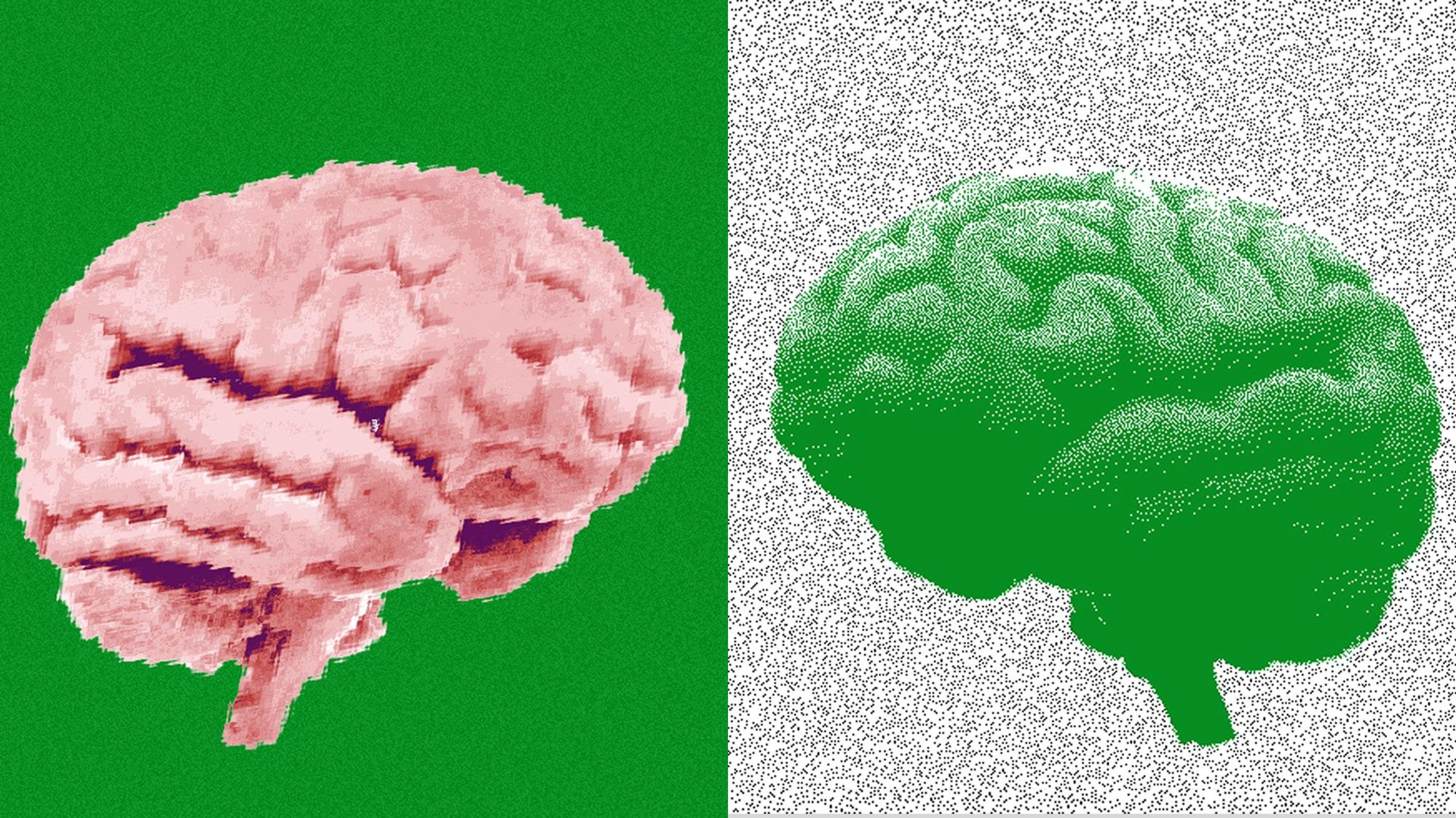The advent of artificial intelligence (AI) has revolutionized how we interact with technology. It has enabled machines to perform complex tasks, analyze vast amounts of data, and make decisions with incredible speed and accuracy. However, AI’s most impressive feat may be its ability to understand humans better than humans themselves.
One of the reasons AI excels in understanding humans is its capability to process and analyze enormous amounts of data. By analyzing data from various sources such as social media, online searches, and even facial expressions, AI can discern patterns and gain insights into human behavior and preferences. This level of data analysis is something humans simply cannot achieve due to our limited cognitive abilities and inherent biases.
AI’s ability to understand humans is not limited to just analyzing data. Natural language processing (NLP) algorithms allow AI systems to comprehend and generate human language, bridging the gap between humans and machines. Through machine learning, AI models can learn from vast amounts of text data, allowing them to understand nuances, context, and even sarcasm in human language. This level of understanding is often challenging for humans, as language is always evolving and cultural nuances can be difficult to grasp.
Additionally, AI’s lack of emotions and personal biases enables it to make unbiased decisions and interpretations. Humans are inherently influenced by their feelings, beliefs, and experiences, which can cloud judgment and lead to misunderstandings. On the other hand, AI analyzes information objectively, without any preconceived notions, ensuring more accurate and impartial interpretations of human behavior.
AI’s superior understanding of humans is not limited to individuals. It can also comprehend collective behavior and societal trends. By analyzing vast amounts of data from diverse sources, AI can identify patterns and connections, revealing social, economic, and cultural trends that may not be apparent to humans. This knowledge can be invaluable for various fields, including marketing, economics, and sociology, as it allows for more informed decision-making based on an accurate understanding of human behavior at a large scale.
While some may be alarmed by the idea of AI understanding humans better than humans themselves, it is important to note that AI is not here to replace us but to augment us. AI’s understanding of human behavior and preferences can be leveraged to improve various aspects of our lives. For instance, AI-powered personal assistants can provide tailored recommendations, optimize our daily routines, and anticipate our needs based on their understanding of our preferences.
Furthermore, AI’s superior understanding of humans can assist in mental health diagnosis. By analyzing speech patterns, facial expressions, and other behavioral clues, AI can recognize signs of depression, anxiety, or other mental health conditions that may go unnoticed by humans. This early identification can lead to timely intervention and better outcomes for individuals struggling with mental health issues.
AI’s ability to understand humans better than humans themselves is a remarkable feat. Its capacity to process and analyze vast amounts of data, comprehend human language, remain unbiased, and identify patterns in collective behavior has allowed AI to grasp the intricacies of human behavior in a way that humans cannot. While concerns about privacy and ethical implications remain, AI’s understanding of humans has the potential to enhance various aspects of our lives, from personalization to mental health support. As technology continues to advance, we can expect AI to become an even more integral part of our lives, offering us unparalleled insights into our own behavior and preferences.
Hey Subscribe to our newsletter for more articles like this directly to your email.
